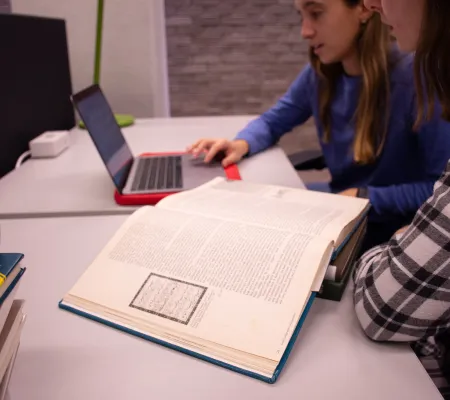According to the Wikimedia Foundation, Wikipedia is meant to be a place where “every single human being can freely share in the sum of all knowledge.” It is one of the few places left on the Internet that seems to fulfill the Net’s early promises: it’s for everyone and by any one; self-moderated and edited by committee; a digital non-profit encyclopedia of human knowledge that is entirely open.
Except that Wikipedia relies on its users to contribute new content and learn its intricate editing standards, and those users end up being predominantly male (84-91%) and from the United States (20%), Germany (12%) and Russia (7%). Meaning that when Dr. Donna Strickland was awarded the Nobel Prize in Physics in October 2018 —making her the third woman to ever do so— her Wikipedia entry did not exist. An entry had been submitted in May 2018, but rejected by one of Wikipedia’s editors for lacking enough news articles that could be cited to establish her notability.
The demographics of Wikipedia contributors and their very real world impact drove Art History Associate Professor Stephennie Mulder to scrap her fall 2018 Arts of Islam course’s final paper requirement and try something new: to have her entire class generate edits for Wikipedia articles on Islamic art. Mulder’s decision came at a time when Wikipedia was and still is contending with its own systemic bias, inviting academics from multiple disciplines, including Art History, to improve Wikipedia entries in their areas of expertise through their Wikipedia Fellows program and the Wikipedia Student Program.
Mulder framed the assignment as a real-world scenario in which students have been hired as consultants for a major museum to improve the public's knowledge on Islamic Art in advance of an exhibition. She pre-selected topics from her own expertise that were important but underdeveloped on Wikipedia, then gave 15 groups of 3-4 students six weeks to research their subject areas, locate both digital and analog sources for their articles and learn Wikipedia’s norms and standards for research through WikiEdu training modules. Subject areas included everything from Raqqa Ware to Muqarnas, Islamic Garden to Pyxis of Zamora, Kharraqan Towers, Qalam, Islamic Calligraphy and more. Fine Arts Librarian Becca Pad also showed students how to use the physical library resources to improve upon Wikipedia’s digital encyclopedia.
“We talked about what a privilege it is to have access to depth and reliable quality of knowledge in a top research library,” writes Mulder in a Twitter thread summarizing the project. “We talked about how access to knowledge controls the way we see the world and our place in it. Again and again, students spoke about feeling empowered.”
Keeping the goal of contributing to public knowledge in mind, Mulder’s students thoughtfully wrote and refined Wiki entries in their sandbox site, altering or adding text in consultation with Mulder as the assignment progressed. Their sandbox edits demonstrated the skills they’ve learned, which included critical research skills, determining the quality of sources and teamwork—all of which a traditional research paper would also do. Unlike a traditional paper, the Wikipedia assignment also taught digital literacy, the value of peer review, technology skills and the value of social equity in digital spaces. This project, as Mulder wrote, “left [students] feeling empowered to be active contributors: shaping global knowledge and redressing imbalances that shape the way we see the world.”
Undergraduate Business major Terrill Baskin and Art History major Kathryn Brooks use the Fine Arts Library for their research; often they were surprised to uncover information in physical books that they had not found online
The culmination of the course was an edit-a-thon event set up in partnership with the Shangri La Museum and Rutgers University-Newark, so that students could upload their work together in real-time. Becca Pad and UT Libraries’ Gina Bastone were present at the edit-a-thon to provide additional assistance to students with their uploads.
“There were challenges: the sometimes-difficult collaborative aspect of a group assignment, the fact that some topics had few sources, the challenge of learning to write in a neutral, unbiased style,” wrote Mulder. “But they had something real on the line: an article out there in the world. And in the end, these smart students have now contributed 15 better-sourced, better-written articles to the most frequently-consulted body of knowledge in the world. And they've learned key research and writing skills that will be applicable in a range of fields.”
Edit-a-thon results showed that UT Austin and partners contributed to 44 articles, submitted 1,657 total edits among 76 student editors, generating 103,200 article views and 18 image Commons Uploads. But the students themselves took away something far better:
This assignment, in general, has allowed me to realize the importance of contributing to accessible knowledge. Like Dr. Mulder mentioned in class, much of the knowledge we access is written in the paradigm of white males, which can be problematic for history. Editing Wikipedia made me feel accomplished as a Muslim, because I was able to contribute to my own narrative.
To read more about the assignment and view images and video of students during the edit-a-thon event, visit the compiled Twitter thread from Mulder.


